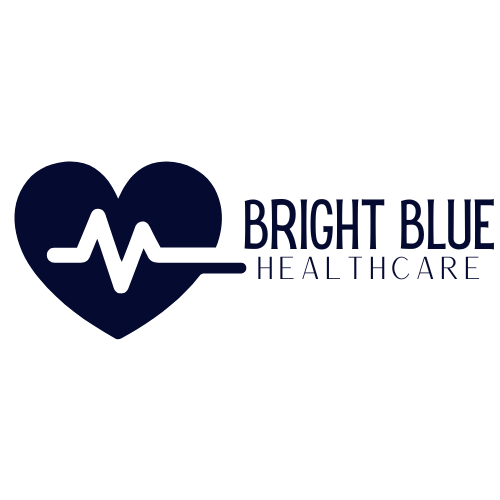The field of health care is constantly evolving, driven by advancements in technology, changing demographics, and shifting patient expectations. As medical professionals and experts in the field of health care, it is crucial to stay informed about the challenges and opportunities that lie ahead. In this article, we will explore some of the key trends shaping the future of health care and discuss how medical professionals can adapt and thrive in this ever-changing landscape.
Introduction: A Shifting Paradigm
The health care industry is undergoing a profound transformation, with several key factors driving this paradigm shift. One of the primary challenges is the aging population, which brings about increased demand for health care services and a greater prevalence of chronic diseases. Moreover, rapid technological advancements are revolutionizing the way medical professionals diagnose, treat, and manage patients, while also presenting ethical dilemmas and equity issues.
Embracing Technological Innovations
Technology has become an integral part of the health care ecosystem, offering new opportunities to improve patient outcomes, enhance efficiency, and streamline processes. Electronic health records (EHRs) have replaced paper charts, allowing for seamless information sharing and improved coordination of care. Telemedicine and remote patient monitoring are becoming increasingly prevalent, enabling medical professionals to reach patients in rural areas and manage chronic conditions more effectively.
Artificial intelligence (AI) and machine learning are revolutionizing diagnostics and treatment plans, enabling medical professionals to analyze vast amounts of data to make well-informed decisions. AI-powered algorithms can help identify patterns in patient health data, predict disease progression, and even offer personalized treatment recommendations. However, with such advancements, it is crucial for medical professionals to maintain a balance between leveraging technology and preserving the human connection.
From Reactive to Proactive Care
Traditionally, health care has been reactive, focusing on treating patients once they are already ill. However, the future of health care lies in a proactive and preventative approach. Medical professionals can play a pivotal role in shifting the focus to preventive care by promoting healthy lifestyles, educating patients about the importance of regular check-ups and screenings, and leveraging technology to identify early signs of disease.
Wellness programs, tailored to individuals’ specific needs, can help prevent illness and promote optimal health. By embracing a holistic approach to care, medical professionals can address the physical, psychological, and social aspects of their patients’ well-being. This paradigm shift not only enhances patient outcomes but also reduces the burden on the health care system by preventing costly hospital admissions.
Ethical Challenges in the Digital Age
While technology brings an array of benefits, it also presents ethical challenges that medical professionals must navigate. The use of AI and machine learning raises concerns about data privacy, algorithmic bias, and the potential dehumanization of medical care. Ensuring the ethical and responsible use of technology requires robust standards, regulations, and transparent decision-making processes.
Additionally, as technology allows for greater access to health information, medical professionals must help patients navigate an overwhelming amount of data. The role of medical professionals in the digital age extends beyond diagnosis and treatment; they also serve as trusted guides in interpreting complex medical information and making informed decisions.
Collaborative Care and Interdisciplinary Approaches
Another crucial trend in health care is the shift toward collaborative care and interdisciplinary approaches. Medical professionals are recognizing the value of teamwork and the importance of integrating expertise from different fields. This interdisciplinary collaboration allows for a more comprehensive understanding of patients’ health and leads to more effective treatment plans.
By working closely with nurses, pharmacists, social workers, and other allied health professionals, medical professionals can address the multifaceted needs of their patients. This collaborative approach also extends beyond the walls of the clinic, as medical professionals engage with public health officials, policymakers, and community organizations to address social determinants of health and promote health equity.
Conclusion: Pioneering the Future of Health Care
As medical professionals and experts in the field of health care, it is essential to stay abreast of the evolving industry trends and embrace the opportunities they bring. By embracing technological innovations, shifting toward proactive and preventive care, navigating ethical challenges, and adopting interdisciplinary approaches, medical professionals can lead the way in shaping the future of health care.
While the path forward may feel uncertain at times, it is through our expertise, compassion, and commitment to patient-centered care that we can overcome challenges and make a positive impact on the health and well-being of individuals and communities alike. Together, we can pioneer a future where health care is accessible, efficient, equitable, and focused on empowering individuals to live their healthiest lives.




